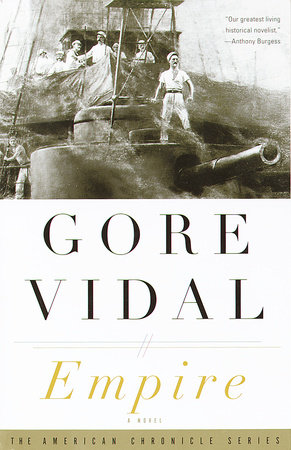There are some interesting skills in here like how to shave with a straight razor (I've stuck with my electric), how to rock a pocket square (forgot that this was in this book and the one time I've needed a pocket square since reading this, I've googled it), and a fireman's carry (already knew how to do this before reading this book but I've still never done it in practice). That isn't to say that all the skills are useless but the book is too large to be a pocket handbook and not detailed enough to really give you the knowledge you need on how to do most of these things just by reading it.
The book blends an interesting mix of skills from the Victorian days (like how to generate an appropriate bouquet for your apology) and modern things that "men" should know how to do (like how to land a plane without a pilot) and some of the book is interesting reading solely to learn about some of those historical "skills". Unfortunately, the modern manly skills I'd like to learn, like how to fix a poorly plumbed two sink set up, are not present in this book and I probably won't have this book with me on a crashing plane.
The book also contains some meditations on manliness and one of those includes a quote that jives really well with my general ethos.
Obviously, if everyone followed this quote, no one gets any pie and everyone is sad heroes. But I think it does encompass a spirit of everyday self-sacrifice that can be missing in many people's lives.A boy doesn't have to go to war to be a hero; he can say he doesn't like pie when he sees there isn't enough to go around. E. W. HoweA boy doesn't have to go to war to be a hero; he can say he doesn't like pie when he sees there isn't enough to go around. - E.W. Howe.
Read more at: https://www.brainyquote.com/quotes/e_w_howe_152795
In sum, I'm not sure I learned that much practical stuff from this book, but it was an interesting read. If this sounds interesting to you they have a website and podcast and other media: https://www.artofmanliness.com/
Overall, I would give this book an 84%.


